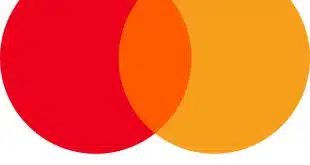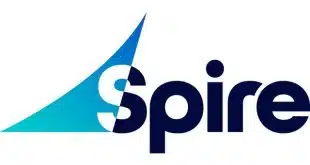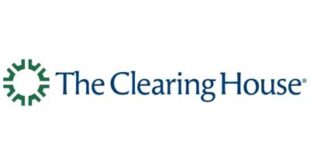The name might evoke yawns, but the messaging standard known as ISO 20022 will be playing an increasingly important role in electronic payments in the future.
The standard goes beyond bare-bones data related to a payment to facilitate the exchange of more information. The Federal Reserve Banks are encouraging more payments players to use the standard, which already is used by Visa Inc. and in the Single European Payments Area (SEPA), an initiative of the European Union to simplify payments in more than 20 countries. The standard is also a key feature of the real-time payments system under development by New York City-based The Clearing House Payments Co.

“ISO 20022 is a robust financial-messaging standard that supports the end-to-end flow of payment information from the originator to the beneficiary,” says a 2016 background paper from the Federal Reserve. “ISO 20022 payment messages support rich payment data and have discrete fields to carry specific data elements (e.g., longer name fields, address information, and structured remittance information).
Steve Ledford, senior vice president of product and strategy at The Clearing House, says ISO 20022 “was developed in the Internet, digital age” and uses XML (extensible markup language) for easily exchanging information across the Web. “It is a Web-aware language for defining messages,” he says.
ISO 20022 messages can be 10 to 50 times as large as typical credit/debit card or automated clearing house network messages, according to a Clearing House backgrounder. As such, the standard can be highly useful for linking remotely stored invoicing and remittance information with payment data. “One of the advantages [of ISO 20022] is it anticipated there would be a lot of additional information,” Ledford tells Digital Transactions magazine for a story about faster payments in the United States that will appear in the upcoming April issue.
The Clearing House plans to begin testing its widely watched new system with business-to-business payments in the second or third quarters.
“We expect there will be more non-payment messages than payment messages,” says Ledford. “It [ISO 20022] really has emerged as the global standard for any new payment system.”
Despite its capabilities, it likely will be quite some time before U.S. merchant acquirers, card-accepting merchants, and others in the payments industry take full advantage of the standard. “Plenty of companies, far more than are doing it, have no idea what ISO 20022 is,” says Linda Coven, a senior analyst at Boston-based Aite Group LLC who is following faster-payments initiatives in the United States.





